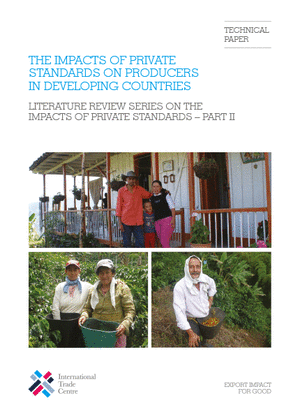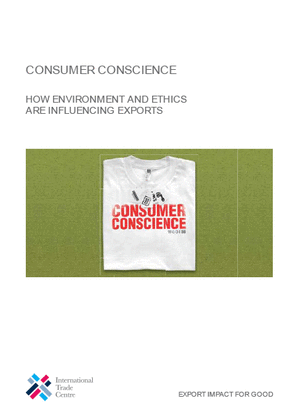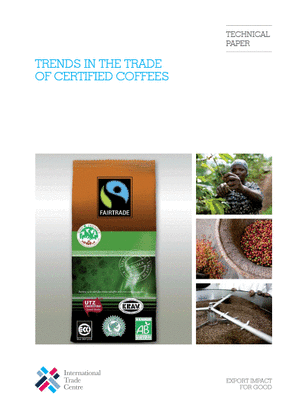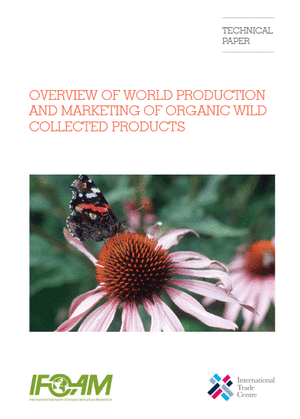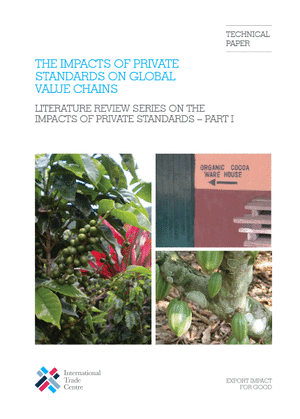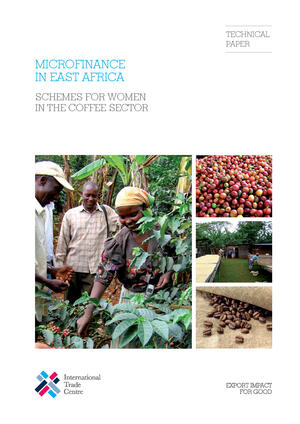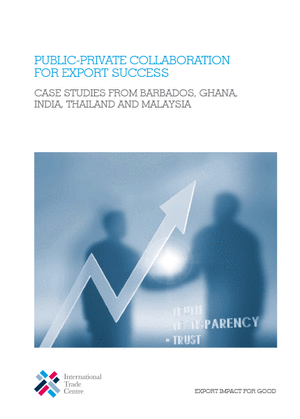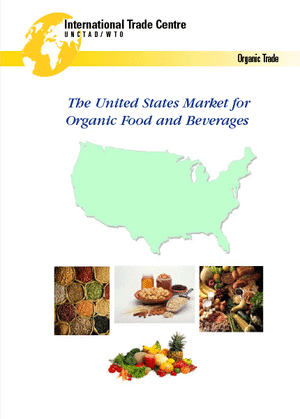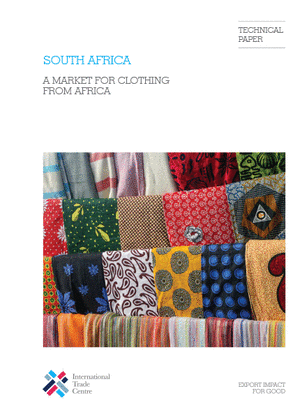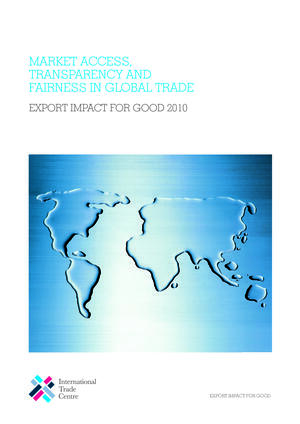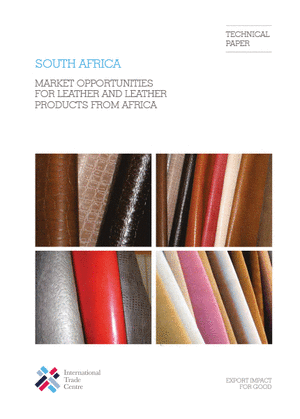The Impacts of Private Standards on Producers in Developing Countries: Literature review series on the impacts of private standards – part II
The question of how standards impact trade is more relevant than ever. Against the background of a world economy that is global in scope and organization with economic activities being spread across national boundaries, the liberalization of trade has been one factor contributing to a policy shift...




